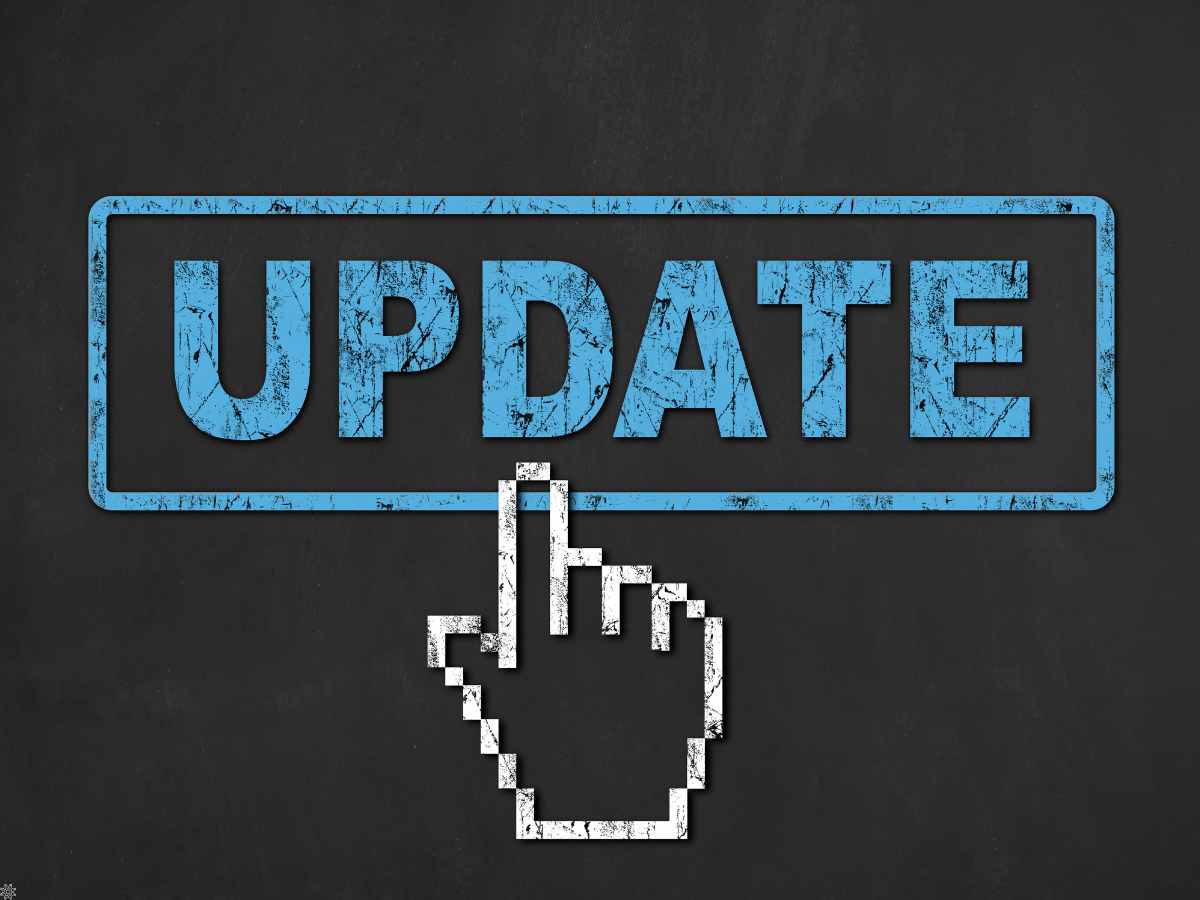Setting expectations is as important as setting healthy boundaries. It is an essential skill in both personal and professional life. Setting clear and realistic expectations builds trust, strengthens relationships, and ensures everyone is on the same page. Whether it is with friends, family, colleagues, or even yourself, developing this skill will surely make things go smooth and easy.
Why Setting Expectations is Important?
Let’s understand why setting expectations is necessary by taking an example. Imagine, you invited your friends to dinner. You tell them that you are a very good cook, and promise them the best food, but when they arrive, the food is overcooked and the sauce lacks salt. What will happen is they get disappointed, not because your food was terrible, but because you set their expectations too high.
Setting expectations is like cooking food, it’s all about balance and timing. When you’re clear and realistic about what you can deliver, you create a solid foundation of trust and credibility.
The Steps to Setting Expectations

1. Communicate Clearly
Communication is the key. Be clear while setting expectations. Ambiguity is the enemy of clear expectations. Instead of promises like “I’ll get it done soon,” be specific, “I will do it by tomorrow by 5 pm.” Use clear, simple language to avoid misunderstandings.
2. Be Honest About Limitations
Nobody expects perfection, but overpromising can erode trust. Be clear about what you can deliver and what’s beyond your current capacity.
3. Check for Understanding
Miscommunication happens when assumptions are made. Summarize the agreement or ask, “Does this align with what you were thinking?” This step ensures everyone’s on the same page.
4. Leave Room for Flexibility
Life is unpredictable. Build flexibility into your commitments and promptly communicate when changes arise. For example, “I’m running into some unexpected challenges, but I can adjust and deliver it by tomorrow evening. Does that timeline work for you?”
Setting Expectations in Different Areas of Life
At Work
In professional settings, clear expectations can enhance productivity and reduce stress. Whether it’s managing projects, leading a team, or collaborating with colleagues, clarity is critical.
With Your Manager:
- Confirm deliverables and deadlines upfront. Ask the questions when you feel some doubt. For example, “Would you like this report in a detailed format or a summary?”
- Provide regular updates to avoid surprises. Weekly check-ins can work wonders.
- Take ownership of mistakes and suggest solutions: “I missed the deadline because of this reason. I’ll ensure this doesn’t happen again.”
With Your Team:
- Clearly define roles and responsibilities. This ensures that everyone knows their tasks and deadlines.
- Lead by example. Your behavior sets the tone for the team. If you meet your deadlines and communicate effectively, your team is more likely to follow the rules.
- Celebrate milestones and successes to build morale. Recognition fosters motivation and a sense of achievement.
Personal Relationship
A Good connection thrives on open communication and realistic expectations. Clear expectations prevent misunderstandings and strengthen bonds.
- Be honest about your availability: “I’d love to hang out, but I am busy this week. Can we plan for next weekend?”
- Appreciate your friends. A quick “thank you” message or a thoughtful gesture can make their day and make better connections.
With Yourself
Setting expectations for yourself is just as important as with others. It’s easy to overcommit or set unrealistic goals, which may lead to frustration and burnout.
- Start small and build momentum. Instead of saying, “I’ll finish this entire project today,” break it into manageable steps. For example, “I’ll complete the first section today and do the next one tomorrow.”
- Celebrate progress, not just perfection. Acknowledge each step forward, even if the final goal is still far off. Small wins keep you motivated and focused.
Common Pitfalls and How to Avoid Them

Overpromising and Underdelivering
It’s tempting to say yes to everything, but this often leads to burnout and disappointment. Instead:
- Assess your capacity before committing. Be honest about your workload and time constraints.
- Say no gracefully when needed: “I’d love to help, but I’m at capacity right now. Can we do this next week?”
- Underpromise and overdeliver when possible. Exceeding expectations is a surefire way to impress and build trust.
Assuming Others Understand
Never assume others know your intentions. Spell out your expectations clearly and ask for feedback to confirm their understanding. For example, “Here’s what I’m planning to do. Does that align with your expectations?”
Ignoring Feedback
Feedback is a gift. Use it to refine your approach and improve future interactions. Ask, “What could I do differently next time?” Constructive feedback helps you grow and adapt, making future interactions more successful.
Final Thoughts
Mastering the art of setting expectations isn’t just about avoiding disappointments. It is about creating stronger, more meaningful connections. Whether it’s at work, with friends, or with oneself, setting clear and reasonable expectations establishes a basis of trust and allows things to work smoothly. One can enhance relationships, lessen misunderstandings, and build a reputation for honesty and integrity just by being clear, honest, and proactive.
Start today by applying these principles to your everyday interactions. It is important to remember that setting expectations is a process; it does not consist of a single act. It is an ongoing process of continuous communication, readjusting, and growing. As you develop and enhance the skill, it will strengthen your relationship and also build your self-confidence and satisfaction in life. Embrace the challenge and watch how your world changes for the better!






